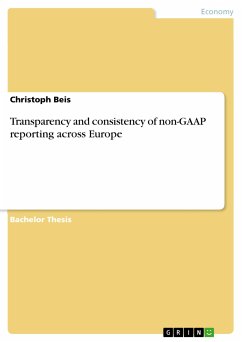Doctoral Thesis / Dissertation from the year 2018 in the subject Economics - Case Scenarios, , language: English, abstract: Publicly Owned Enterprises (POEs) in Kosovo are present largely in the market, with a focus on sectors such as electricity, railways, telecommunications, waste management, etc. This presence is followed by the constant need for subsidies from the government and weak financial and commercial performance. POEs in Kosovo are faced with numerous challenges including weak governance and management. Agency Theory is used widely as a tool with which to explain governance and functioning of organisations and companies. In addition, Agency Theory is used to explore relations between stakeholders in politics and the economy. This study first elaborates upon the applicability of Principal-Agent Theory in POEs in Kosovo and then identifies the presence of principal-agent problems and identifies the nexus between such problems and poor performance of POEs. Identification of principal-agent problems may help to identify the reason for poor performance of POEs and the lack of transparency, accountability and supervision. POEs are subsidised by the state on an annual basis, which makes the identification of problems in having profitable POEs important for public interests, too. Such importance is due not only to the fact that POEs are financed by taxpayers but also to the fact that they are supposed to provide services in public interests by being self-sustainable and profitable for the government as a shareholder. The study aims to conclude that principal-agent problems such as capture, rent-seeking, moral hazard, information asymmetry and adverse selection are present in POEs in Kosovo, and that they have a negative impact on their performance. Such principal-agent problems and their negative performance may also be influenced by gaps in legislation and weak law enforcement.
Dieser Download kann aus rechtlichen Gründen nur mit Rechnungsadresse in A, B, BG, CY, CZ, D, DK, EW, E, FIN, F, GR, HR, H, IRL, I, LT, L, LR, M, NL, PL, P, R, S, SLO, SK ausgeliefert werden.









